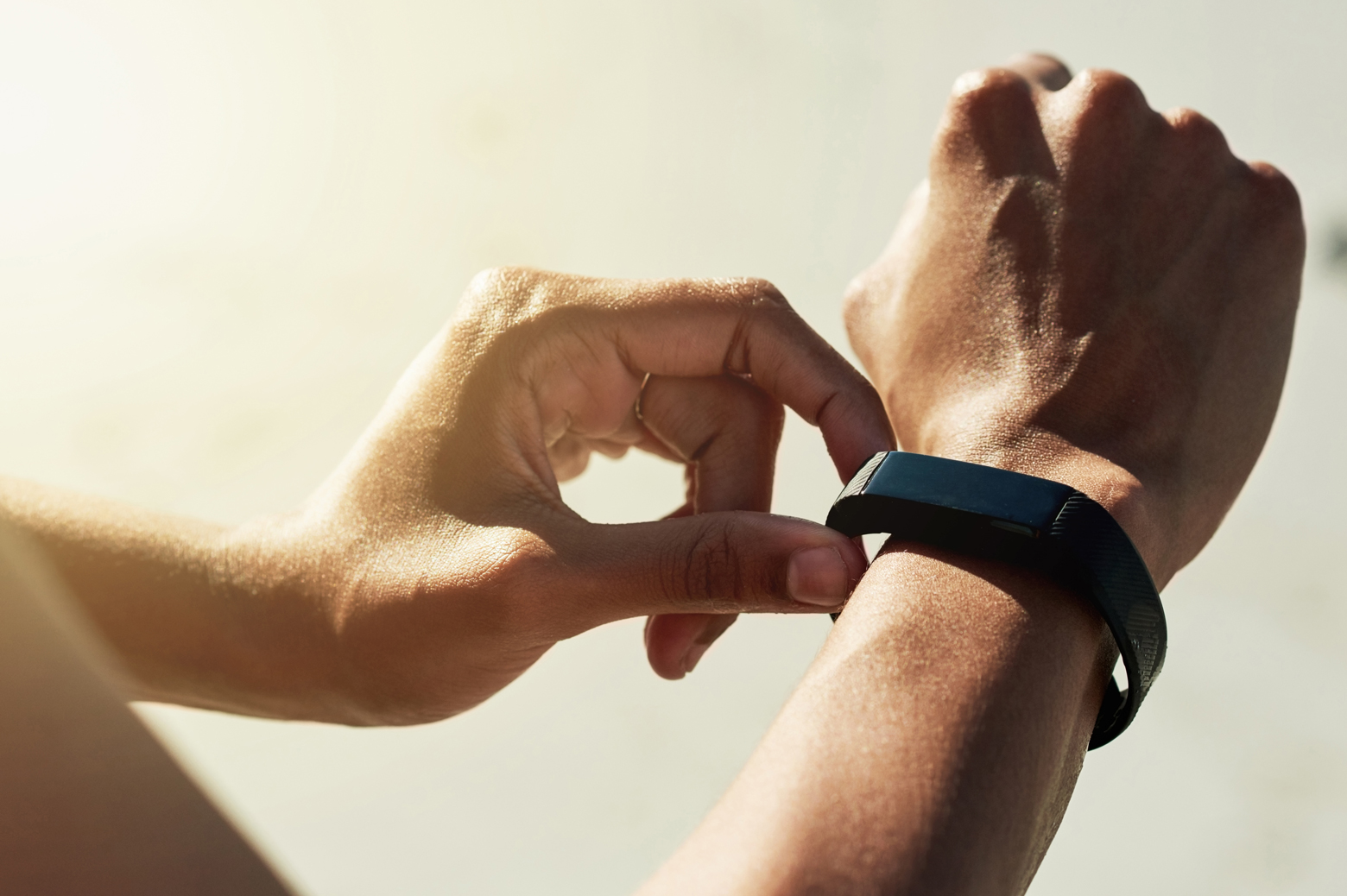Could a smartwatch identify an infection before you start spreading it?
A wrist-worn device detected disrupted sleep 24 hours before study participants began shedding flu viruses.
A pre-print study using data from medical wristbands suggests that evidence of disrupted sleep could predict when study participants were coming down with the flu—24 hours before they became contagious.

 Enlarge
Enlarge
The study is posted on the arXiv and has been submitted to IEEE Transactions on Biomedical Engineering. It is in its second round of review at the journal.
A machine learning algorithm used data from a medical wristband to deduce the sleep patterns of 25 study participants who had been deliberately exposed to a strain of the flu. For seven of the eight participants who came down with the flu and also had usable data, evidence of disrupted sleep appeared 24 hours before the participants began shedding viruses.
While the initial study was focused on the flu, this method may be general enough to spot the beginning of other infections—possibly including COVID-19.
“As we get more data from the populations wearing smart watches through this pandemic, our predictive models will be refined. We imagine that these refined models could be used to generate an early warning signal and even potentially enable the prediction of asymptomatic spreading without tests,” said corresponding author Alfred Hero, the John H. Holland Distinguished University Professor of Electrical Engineering and Computer Science and the R. Jamison and Betty Williams Professor of Engineering.
While this approach would in no way be able to diagnose COVID-19, it may be able to give useful guidance about when people should self-isolate out of precaution. In the current pandemic, those experiencing symptoms of cold and flu are asked to self-isolate as many who have tested positive for the new coronavirus have not experienced the most common symptoms of fever, dry cough and shortness of breath. If the algorithm can work with the less complete data of a smartwatch or fitness tracker, critical workers could get an early warning that they are falling ill and self-isolate.
Hero is also a professor of biomedical engineering in the College of Engineering and professor of statistics in the College of Literature, Science, and the Arts.
 MENU
MENU